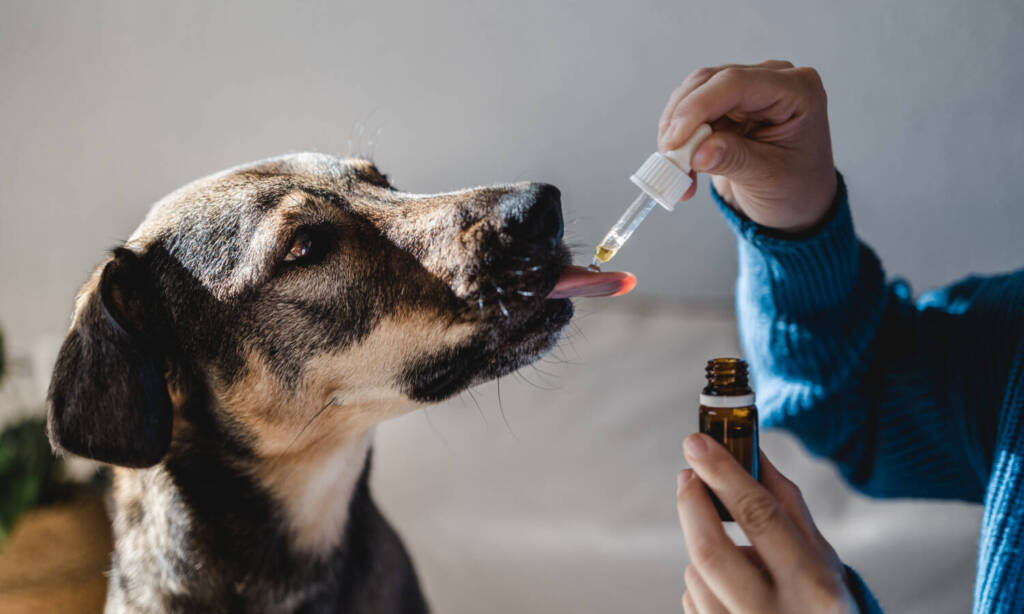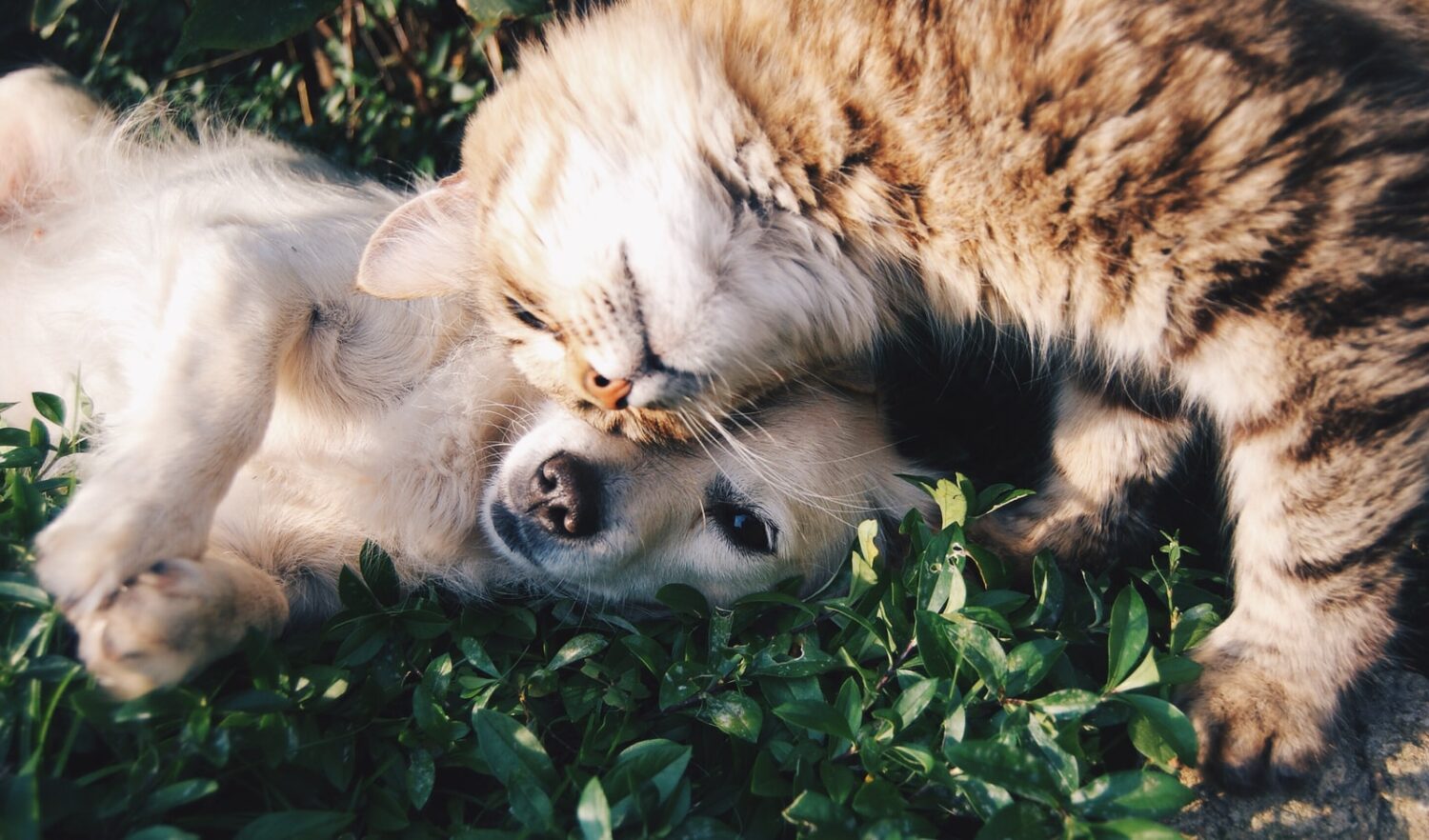Data shows that pets across North America are suffering increasingly due to cannabis toxicity.
Accidentally high pets, veterinarians may know why. A new study found that one of the most impacted demographics by legal marijuana. A study, published in the journal PLOS One, shares the findings of vets across North America. It showed that cases of poisoning occurred most frequently in dogs, cats, iguanas, ferrets, horses, and more.
RELATED: You Can Give Pets CBD, But What About THC And Other Cannabinoids?

According to the researchers, most accidentally high pets via edibles, but they also eat joint butts and plant materials. CNN spoke with some experts who provided some context for the study and stressed the importance of keeping an eye on your pets when having cannabis around the house.
“It’s important to remember our pets are not tiny people. They’re very different creatures with different metabolisms and because of that they can have serious outcomes from ingesting marijuana,” said Dr. Dana Varble, the chief veterinary officer for the North American Veterinary Community.
She explained that, in the cases of dogs and cats, they often experience distress and anxiety after consuming cannabis, made even worse by the fact that they’re unable to understand what’s going on in their bodies. She says there’s a double danger in today’s edibles; one from the THC itself and another from the contents of the edible itself, whether that’s chocolate or sweeteners like xylitol, all harmful to animals’ metabolisms.
Vets and researchers believe this increase in pet cannabis poisonings can be due to several factors: 1) cannabis legalization, and 2) people feeling more comfortable with reporting these situations. Then there’s also the fact that people may be more inclined to proving CBD or cannabis to their pets, thinking that it’s a safe way to address their stress or anxiety. “Cannabis-based medicine is not approved for veterinary use,” summarizes a vet.
RELATED: What CBD Oil Can Do For Pets
The cannabis industry has tried its best to manage those who consume its products, asking for IDs and packaging products in child-proof containers. It’s up to cannabis consumers to put their products away once they’re brought home, making sure they keep their pets and children safe from these elements.


